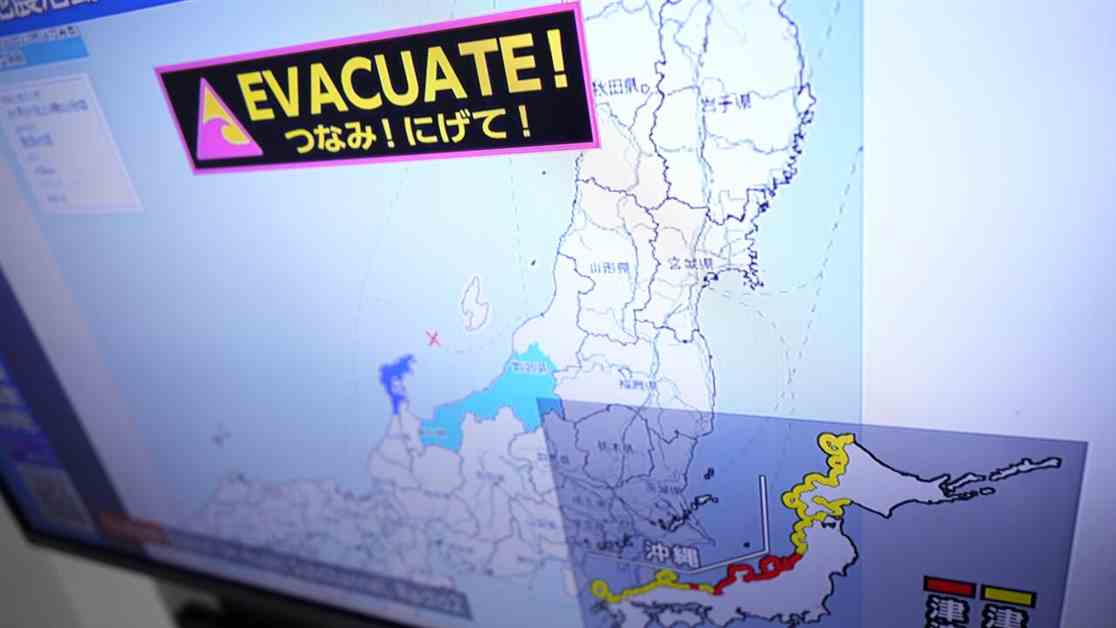Powerful 5.9 Magnitude Earthquake Hits Central Japan – Breaking News
A powerful earthquake with a magnitude of 5.9 struck the center of Japan on Monday morning, as reported by the Japanese Meteorological Agency (JMA). The tremor, which was felt at 6:31 in the morning local time, hit the Noto Peninsula, an area that had already been severely affected by a previous earthquake on January 1st, resulting in the tragic loss of over 230 lives.
According to NHK television, there were no immediate reports of casualties. Authorities confirmed that three houses had collapsed. A 4.8 magnitude aftershock occurred 10 minutes after the initial quake, as reported by the JMA. NHK interrupted its regular programming to advise residents in the region to remain calm and cautious due to potential falling objects, especially as many were starting their day. The JMA noted prolonged ground movements, which typically impact taller buildings and larger structures.
The Nuclear Regulation Authority (NRA) swiftly reassured the population stating, “The nuclear power plants in Kashiwazaki Karia in Niigata Prefecture and Shika in Ishikawa Prefecture are shut down for inspection, but no anomalies have been detected.”
Strict construction regulations to minimize damage
The New Year’s earthquake had caused significant damage, including house collapses and fires, while families were celebrating the transition to 2024 in this rural region along the Sea of Japan. Japan, situated at the convergence of multiple tectonic plates along the Pacific “Ring of Fire,” experiences significant seismic activity. In 2023, the archipelago felt 2227 tremors of intensity 1 or higher on the Japanese shindo seismic scale, including 19 earthquakes with a magnitude of 6.0 or higher, according to the JMA.
Despite the frequency of earthquakes, Japan’s stringent anti-seismic construction standards generally mitigate damages. However, many buildings, especially in rural areas like the one affected on Monday, are old and thus vulnerable to powerful tremors. To minimize the impact of earthquakes, Japan enforces extremely strict building regulations and regularly educates residents on emergency measures for natural disasters.
The most powerful earthquake ever recorded in Japan was the magnitude 9 quake in March 2011 off its northeast coast, triggering a tsunami that claimed approximately 20,000 lives. This tsunami also led to the Fukushima nuclear accident, one of the most severe in the world since the 1986 Chernobyl disaster.
In conclusion, while predicting major earthquakes may seem like a challenge, Japan’s proactive measures and preparedness serve as a model for disaster resilience worldwide.

